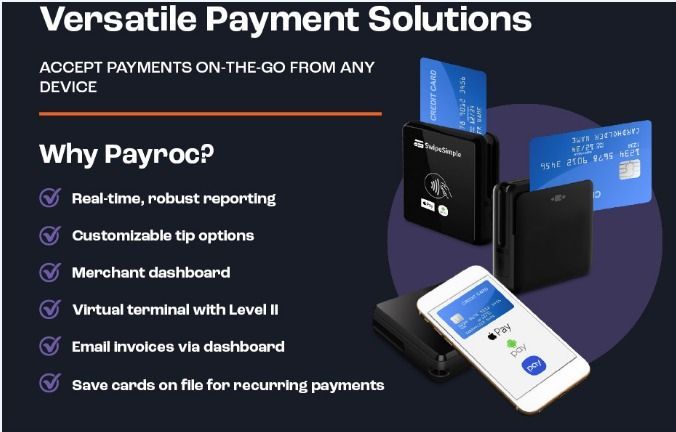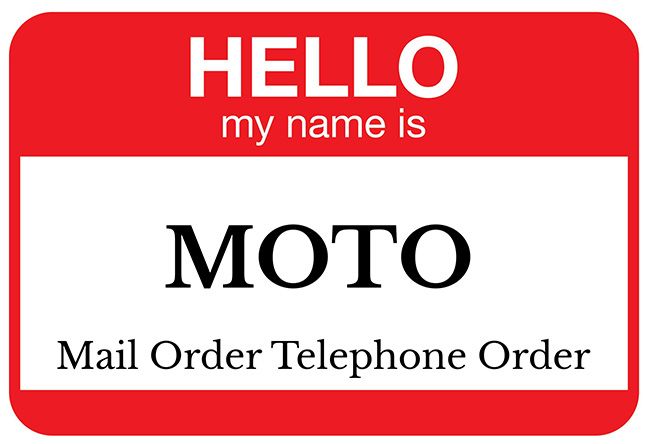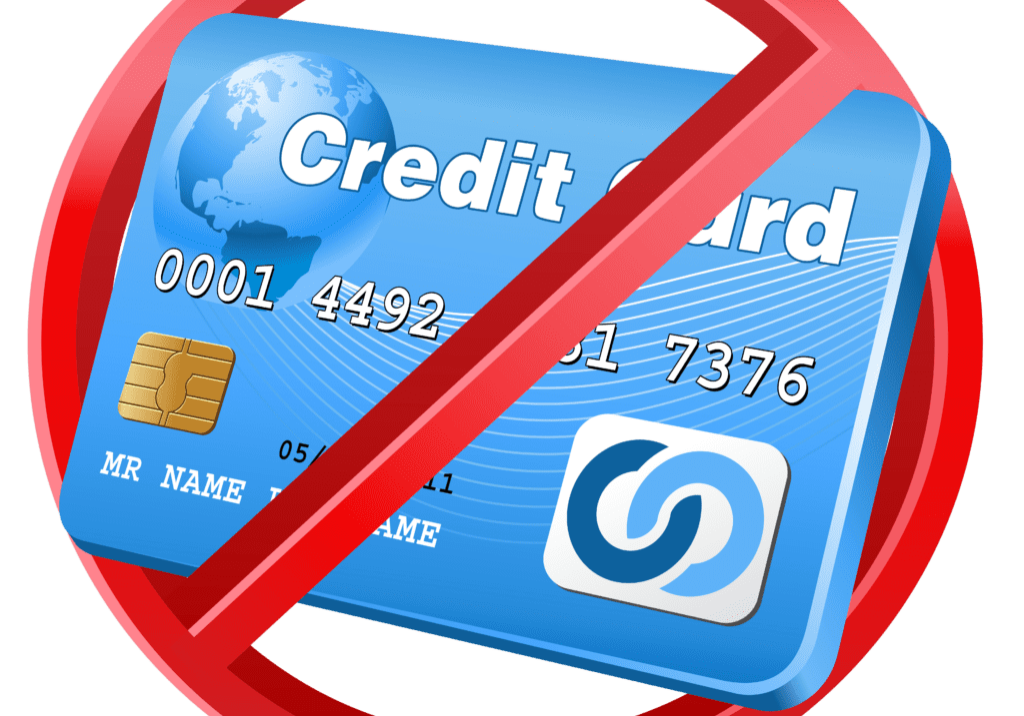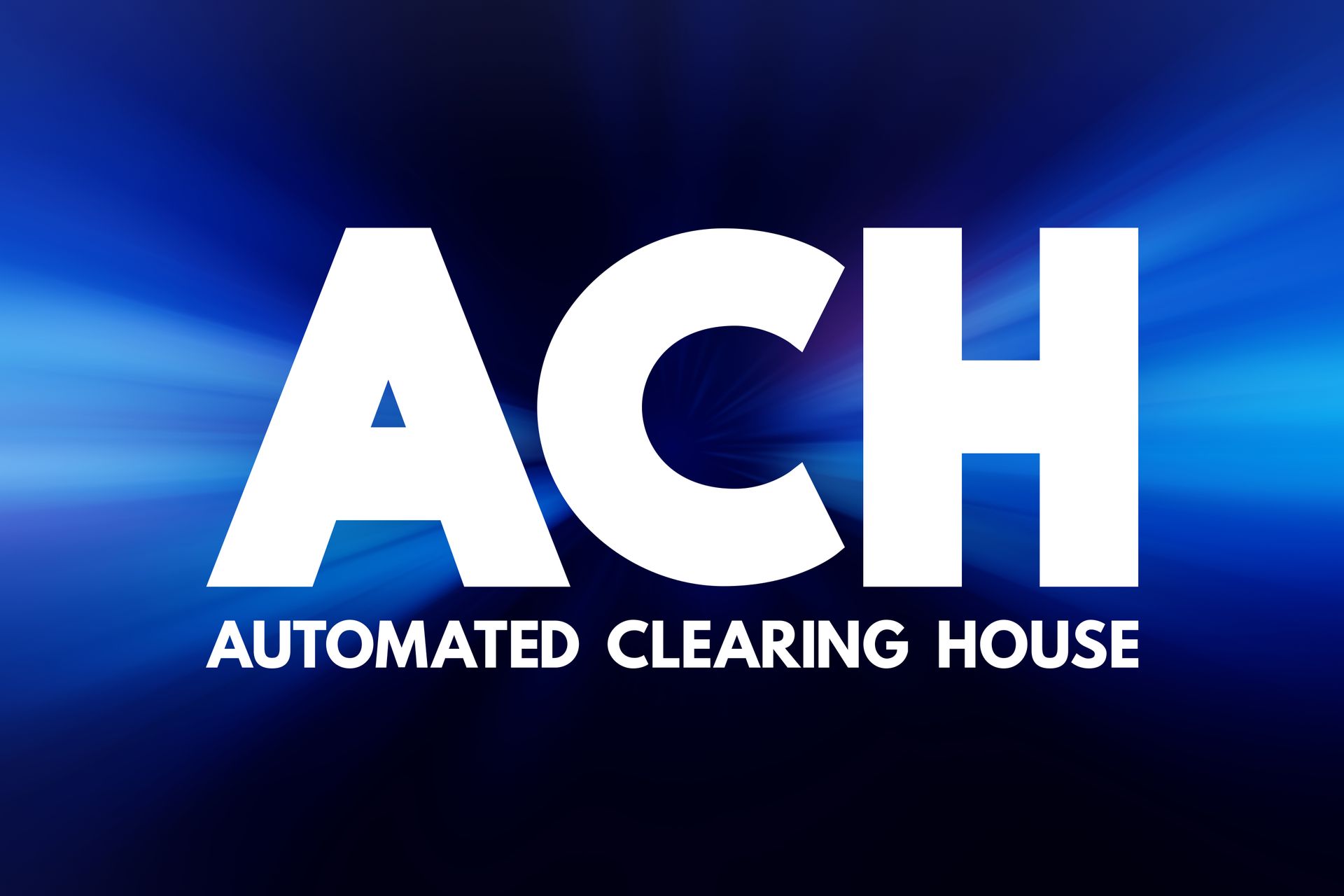Interchange Plus, Advantages & Disadvantages
WPC Merchant Services & Credit Card Processing
Is Interchange Plus Right for your Business?
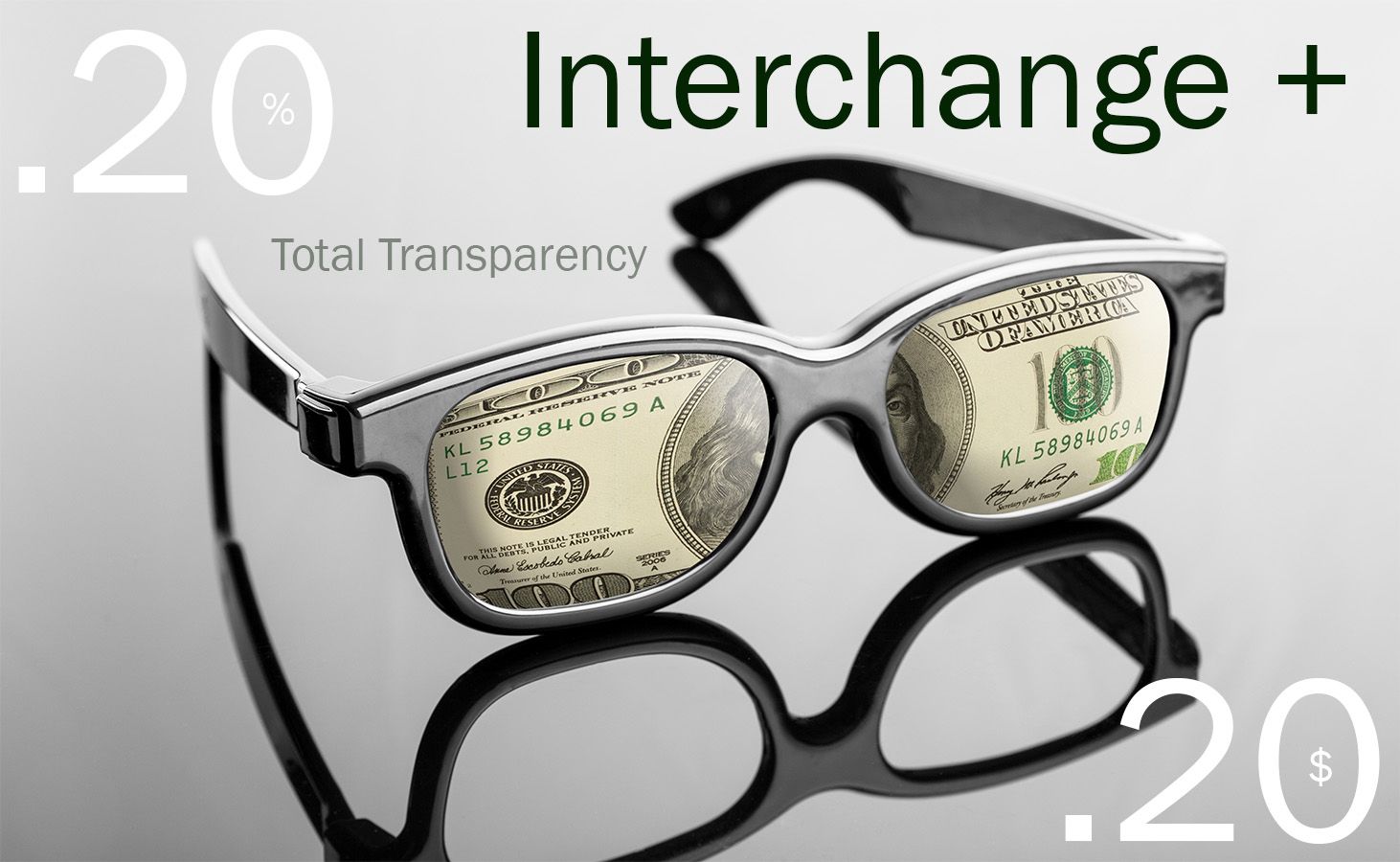
Interchange Plus, also known as Interchange Pass-Through, is a pricing model commonly used in credit card processing and merchant services. It is an alternative to other pricing structures, such as tiered or bundled pricing.
In the Interchange Plus model, merchants are charged a transparent and itemized fee for each credit card transaction. The fees consist of two components:
- Interchange Fees: These are the fees charged by the credit card associations (such as Visa, Mastercard, or Discover) for processing the transaction. Interchange fees vary depending on factors like the type of card used, the transaction amount, and the merchant's industry. These fees are set by the card associations and are the same for all payment processors.
- Markup or Processing Fees: This is the additional fee charged by the payment processor or merchant service provider for their services. The markup is usually expressed as a percentage of the transaction amount (e.g., 0.2% or 0.5%) plus a small, fixed fee per transaction (e.g., $0.10). This markup covers the processor's services, including transaction processing, customer support, equipment, and other related services.
With Interchange Plus pricing, merchants have more transparency because they can see the actual interchange fees and the processor's markup separately on their statement. This pricing structure is considered fairer and more cost-effective for businesses, particularly those with high transaction volumes or large-ticket sales.
It is worth noting that specific rates and fees can vary between different payment processors and merchant service providers. If you are considering using Interchange Plus pricing for your business, it is advisable to compare offerings from different providers and understand the terms and conditions associated with their services.
Interchange Plus processing offers several benefits for merchants. Here are some of the advantages:
- Transparency: Interchange Plus provides transparency in pricing by separating the interchange fees and the processor's markup. Merchants can clearly see how much they are paying for each component, allowing them to understand the full cost of credit card processing. This transparency can help merchants make informed decisions and compare pricing across different providers.
- Cost Savings: Interchange Plus pricing can often result in lower costs for businesses, especially those with high transaction volumes or larger average transaction amounts. Since the markup is typically a fixed percentage or a small flat fee, merchants can benefit from lower rates as their transaction volume increases.
- Fairness: The Interchange Plus model is considered fairer compared to other pricing structures, such as tiered or bundled pricing. In tiered pricing, merchants may be charged different rates depending on the category to which a transaction belongs, which can lead to confusion and higher costs. With Interchange Plus, the fees are based on the actual interchange rates set by the card associations, ensuring a more transparent and equitable pricing structure.
- Flexibility: Interchange Plus allows businesses to have more flexibility in managing their pricing. Since the interchange rates are standardized across payment processors, merchants can focus on negotiating favorable markup rates and terms. This flexibility can be particularly beneficial for businesses with unique needs or those operating in specific industries.
- Improved Merchant-Processor Relationship: With Interchange Plus, the relationship between the merchant and the payment processor tends to be more transparent and collaborative. Merchants have a clearer understanding of the costs involved, and processors are incentivized to provide better service and support to retain their clients.
It is important to note that while Interchange Plus can offer advantages, the specific benefits can vary depending on the merchant's business type, transaction volume, and the terms offered by the payment processor.
While Interchange Plus processing has several advantages, there are also a few potential disadvantages to consider:
- Complexity: Interchange Plus pricing can be more complex to understand compared to other pricing models. With separate interchange fees and processor markups, merchants need to analyze and reconcile two sets of fees, which may require more time and effort. This complexity can be challenging for merchants who are not familiar with the intricacies of credit card processing.
- Higher Administrative Effort: Because Interchange Plus provides more detailed fee breakdowns, merchants may need to invest additional time and resources in reconciling and analyzing their statements. They may need to review the interchange rates, ensure accurate calculations, and validate the processor's markup. This administrative effort may be greater compared to other pricing models with simpler fee structures.
- Potential Markup Variability: While Interchange fees are standardized across payment processors, the processor's markup can vary between providers. Merchants must carefully review and compare the markup rates offered by different processors to ensure they are getting competitive pricing. There is a possibility of encountering higher markup rates or less favorable terms if proper research and negotiations are not conducted.
- Pricing Confusion: In some cases, merchants may find it challenging to understand and compare different Interchange Plus pricing proposals from various providers. It requires careful examination of the interchange rates, markup percentages, and additional fees to accurately assess the overall costs. Without a clear understanding of the pricing structure, merchants may end up choosing a plan that is not the most cost-effective for their specific needs.
- Limited Cost Predictability: While Interchange Plus can potentially result in cost savings, the pricing can fluctuate based on factors like transaction volume, average transaction amount, and card types used by customers. This variability can make it harder for merchants to predict their monthly processing costs, which may be a concern for businesses with tight budgets or those seeking more predictable expenses.
It is essential for merchants to thoroughly evaluate their specific business requirements, assess the transparency of the pricing, and consider the potential administrative effort associated with Interchange Plus processing before deciding if it is the right model for their needs. Additionally, consulting with a knowledgeable payment processing professional can help in navigating the complexities and finding the most suitable pricing structure.
WPC Merchant Services & Credit Card Processing is a company that provides credit card processing solutions for all types of businesses. They offer a range of services that help businesses accept credit and debit card payments, including point-of-sale (POS) terminals, virtual terminals, mobile payments, and online payments.
WPC also offers additional services, such as chargeback management, fraud prevention, and merchant cash advances. These services are designed to help businesses manage their finances and reduce the risk of financial losses due to chargebacks or fraudulent transactions.
Worldwide Products Corp. provides a convenient and secure way for businesses to accept payments, allowing them to expand their customer base and increase sales. Call (855) 972-2867 or visit wpc.services to schedule a free consultation.
Saving Merchants Thousands, One BLOG at a Time
